China military drills a 'stern warning' to Taiwan, deterrent to US provocations
Tensions between Washington and Beijing are now entering a rather dangerous phase. China has launched military drills around Taiwan in what it called a stern warning to the self ruled Island.
The United Sharp Sword, the three day exercises, sent planes, ships, and, personnel, into the maritime areas and airspace up the Taiwan Strait off the northern and southern coasts of the island as well as the islands east.
At the outset the Chinese military said the drills would run until Monday 10th April while rehearsing the encirclement of Taiwan, adding that the type of weaponry China will use during the drills would include long range rocket artillery, naval destroyers, missile boats, Air Force fighters, and bombers.
Beijing says the aim of the drills is to deter provocations from the United States.
These operations serve as a stern warning against the collusion between separatist forces seeking the independence of Taiwan and external forces against their provocative activities.
The operations are necessary for safeguarding China's national sovereignty and territorial integrity.
People's Liberation Army of China, PLA
The exercises were to include live fire drills off the coast of China's Fujian Province, which faces Taiwan.
The exercises follow a provocative meeting held in the US state of California between Taiwanese president Tsai ing Wen and US House Speaker Kevin McCarthy.
China, which regards self ruled Taiwan as part of his own territory, was enrage by the visit. Beijing has vowed to eventually take Taiwan over; by force if necessary.
The three day drills have immensely angered Taiwan. President Tsai denounced the maneuvers pledging to work with the US and its allies in the face of what she called continued authoritarian expansionism.
Taiwan's defense ministry slammed China for conducting the drills, calling the decision irrational and said China was using the US visit by Tsai as an excuse to conduct military exercises, noting that the drills have seriously undermined peace, stability and security in the region.
The drills by China come as a delegation of US legislators led by the Chairman of the House Foreign Affairs Committee, Michael McCaul, was visiting Taiwan and met with Taiwanese leader Tsai.
McCaul said the delegation was in Taipei to show its support for the democratic island.
Speaking at an event in Taiwan, McCaul underlined that the visit was intended to demonstrate strong support for self ruled Taiwan.
And as the House Foreign Affairs Committee Chairman. I sign off on all foreign military sales, including weapons to Taiwan. And I promise you, Madam President, we will deliver those weapons
Chairman of the House Foreign Affairs Committee, Michael McCaul
McCaul's trip to Taiwan was not the first such visit by a US official to the self ruled Island. In August, then US House Speaker, Nancy Pelosi, visited Taiwan along with a delegation of Democratic Party members of the House to reaffirm Washington’s support to Taiwan.
Apart from Pelosi, some other high ranking US officials have, on numerous occasions, shown Washington's all our support for Taiwan, including US President Joe Biden.
Biden has given the strongest warning to Beijing, reiterating Washington's commitment to defending Taiwan's military in the event of an attack from China.
But what if China tries to reclaim Taiwan, and in such a scenario, would the United States and its allies be able to prevent this from happening?
While Beijing asserts that the self ruled islands is an inseparable part of China and that the future of Taiwan lies in the reunification with the Motherland, what objective is the United States seeking other than provocation?
The pertinent question should be whether the United States would stay quiet and take no action if China were to station its forces and fleets around Central & Latin America or anywhere near the US borders?
Undoubtedly the security of Taiwan has the potential to be used as a political tool by the US and NATO against Beijing.
But a more dangerous scenario is one in which Taiwan could be used as a reason for conflict between the West and China, much like what is currently happening in Ukraine between the West and Russia.
So long as China continues to push its global economic goals, such as the Belt and Road Initiative, in addition to investment to boost military capabilities, Taiwan will remain on the list of the West's most intractable problems.
But in actuality the United States is provoking China over Taiwan, the cost and consequences of such an unwise move, unfathomable.
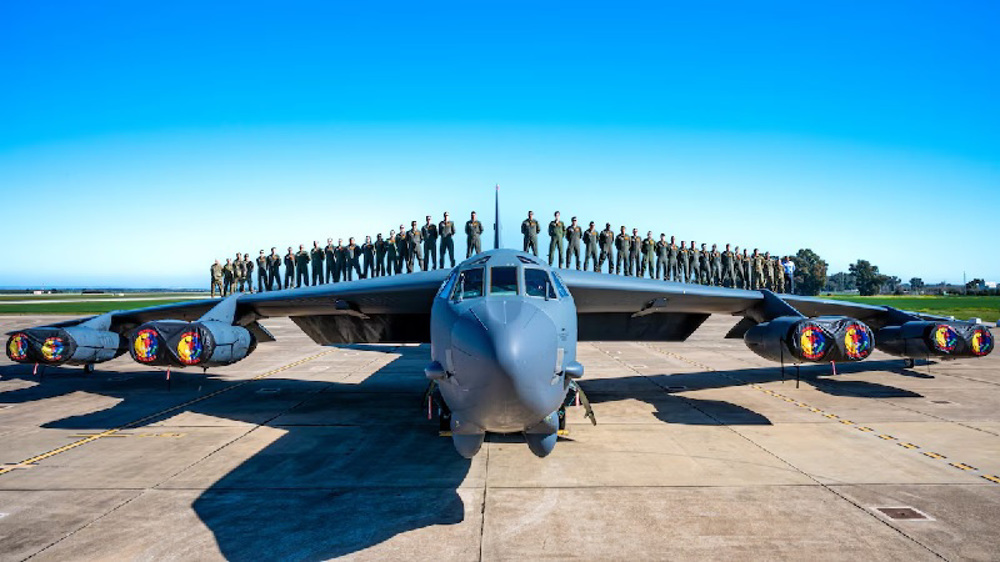
US B-52 bombers in West Asia do not scare Iran

Palestine Solidarity Campaign director on trial

‘Doctors Against Genocide’ demands US Senate stop Trump
VIDEO | Gazans striving to survive with bare hands
'Shocking attack on free expression': Canadian politician slams arrest of pro-Palestine activist
West Bank Palestinians fear Gaza style destruction as Israel escalates raids
Hamas: Ibrahimi Mosque massacre testament to Israel’s criminal policy
Trump eyes Ukrainian rare earth minerals in exchange for military support to Kiev
Six Gaza children, including newborn girl, die of cold weather as Israel blocks aid
Iran rules out nuclear talks with US amid ‘maximum pressure’ campaign
Israeli tanks roll into West Bank first time in 20 years as prelude to forcible annexation


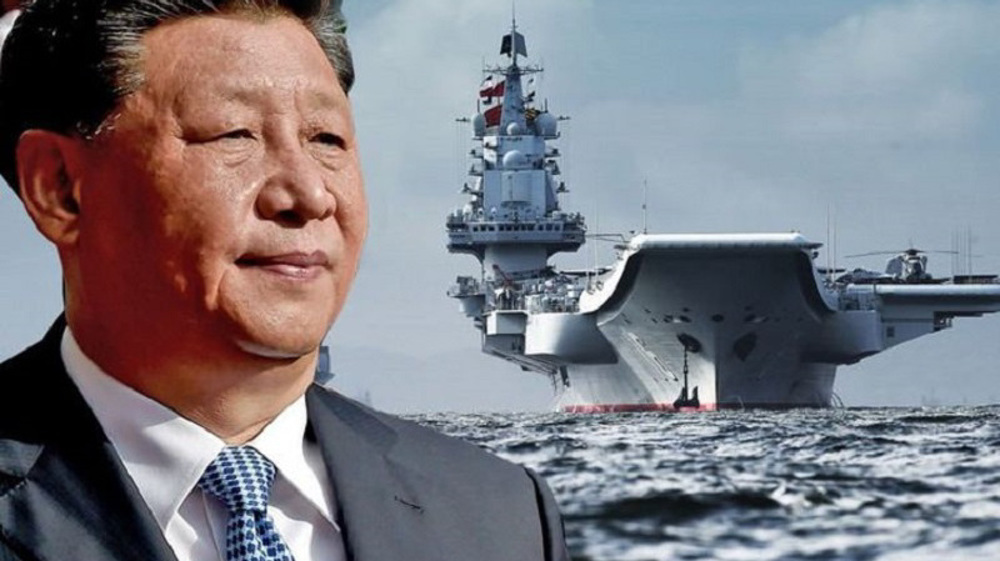
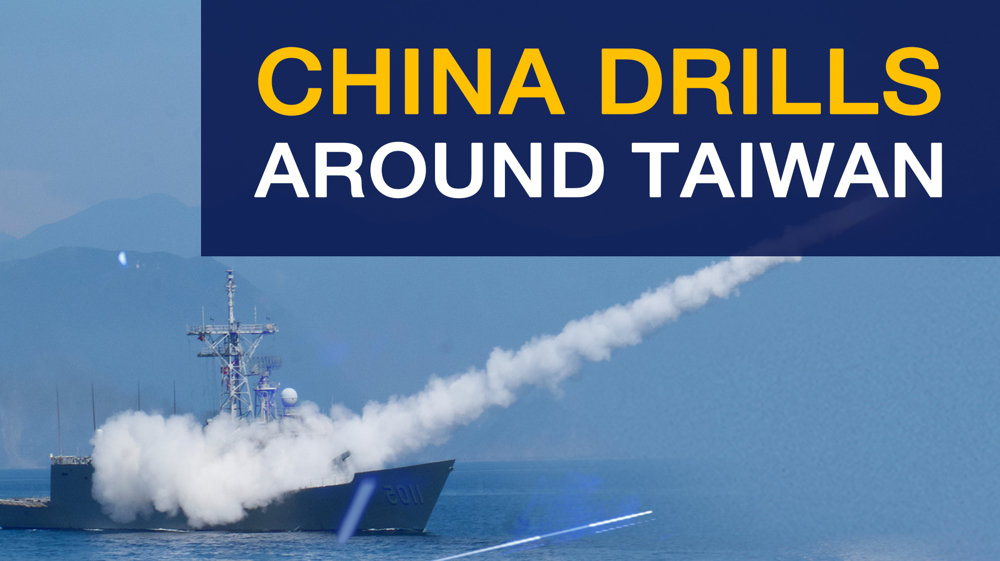
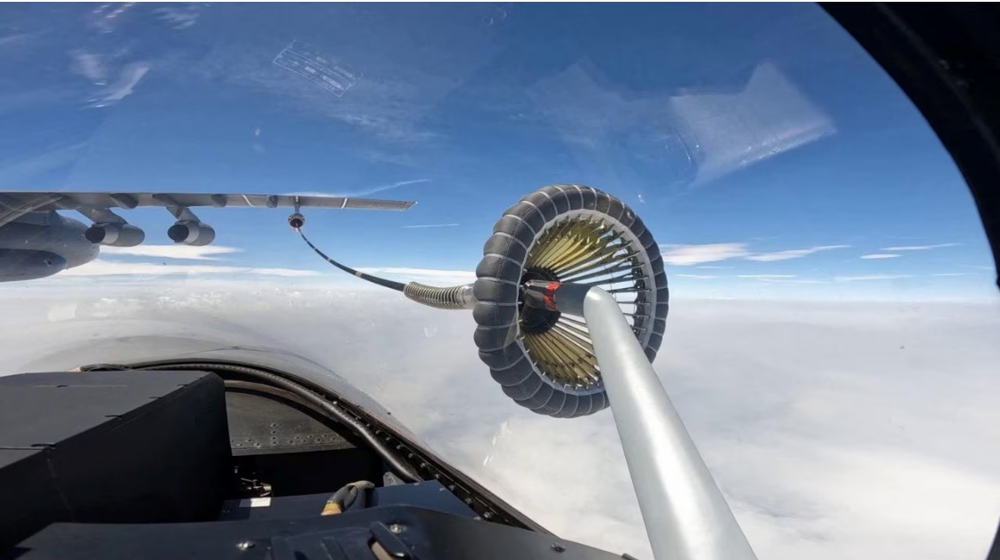
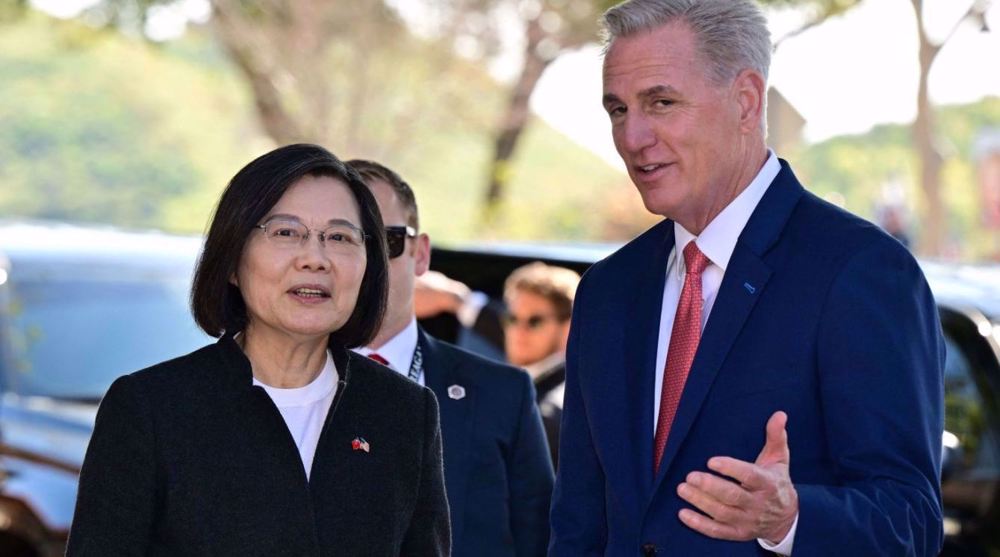
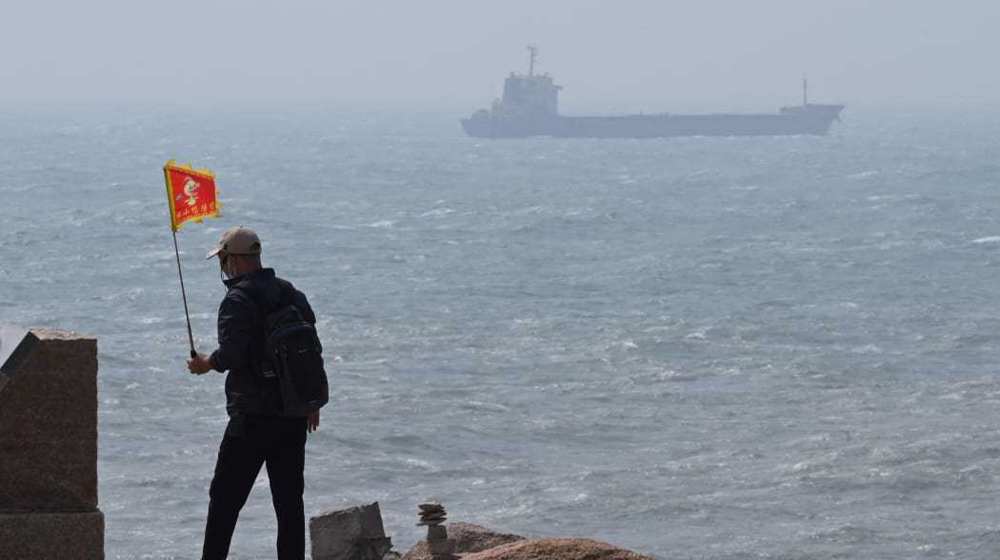
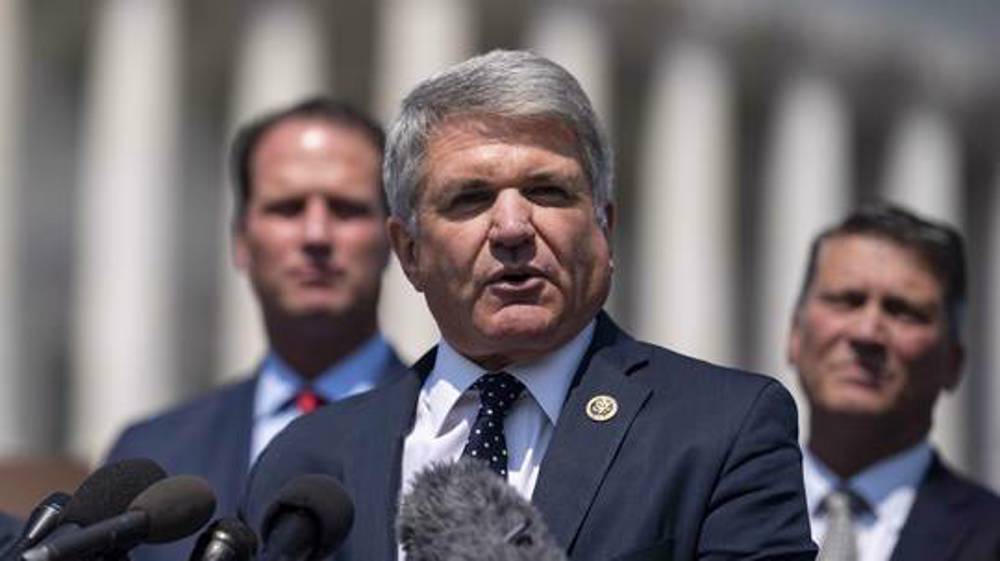
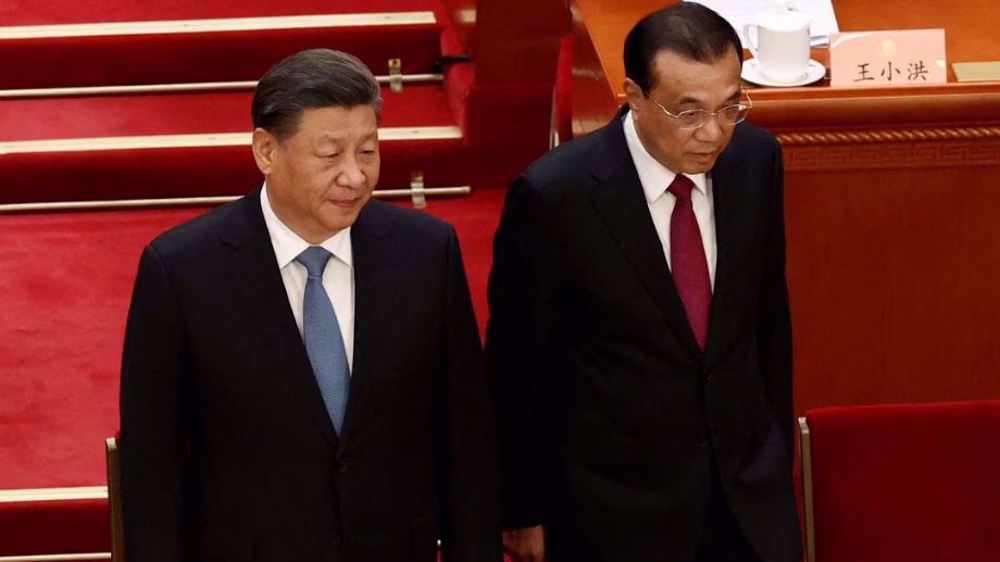




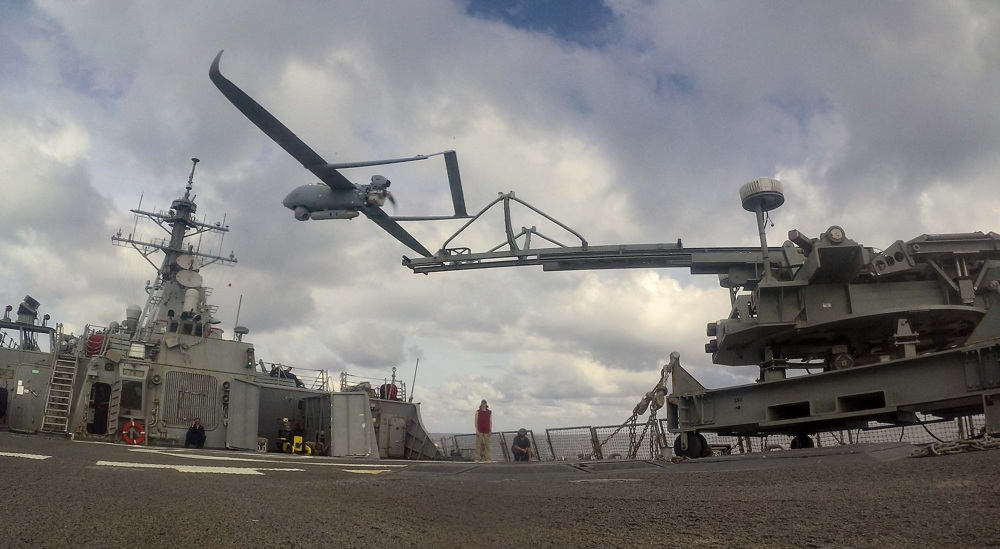
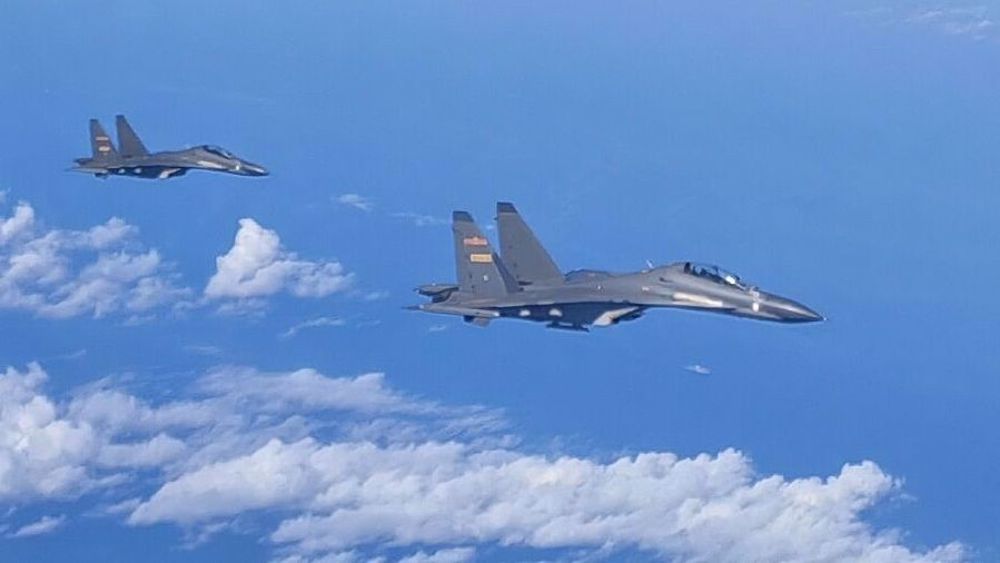
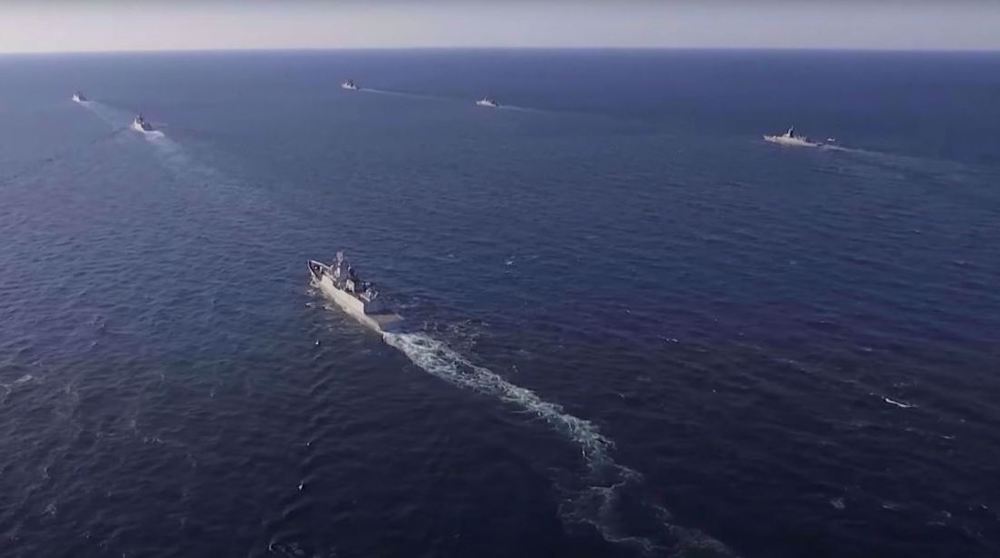
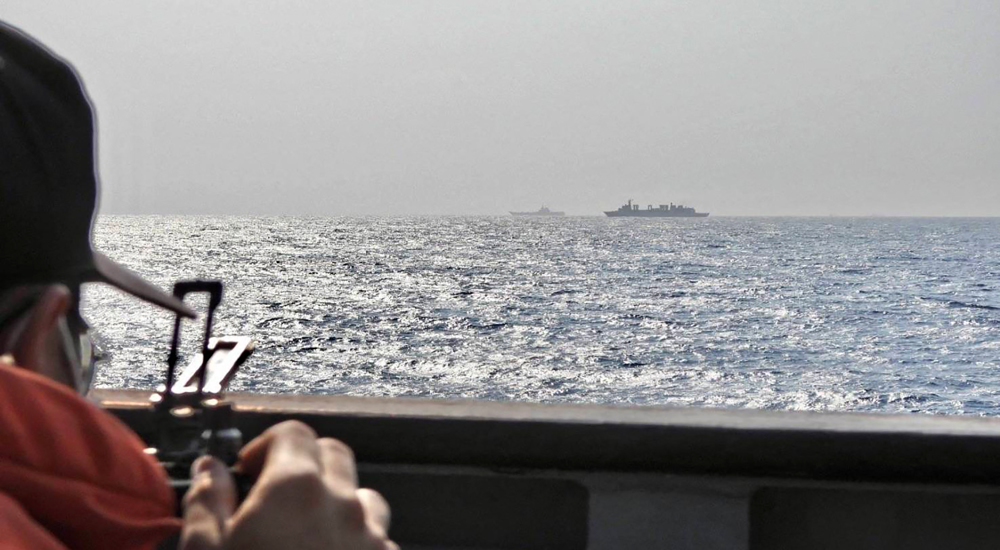
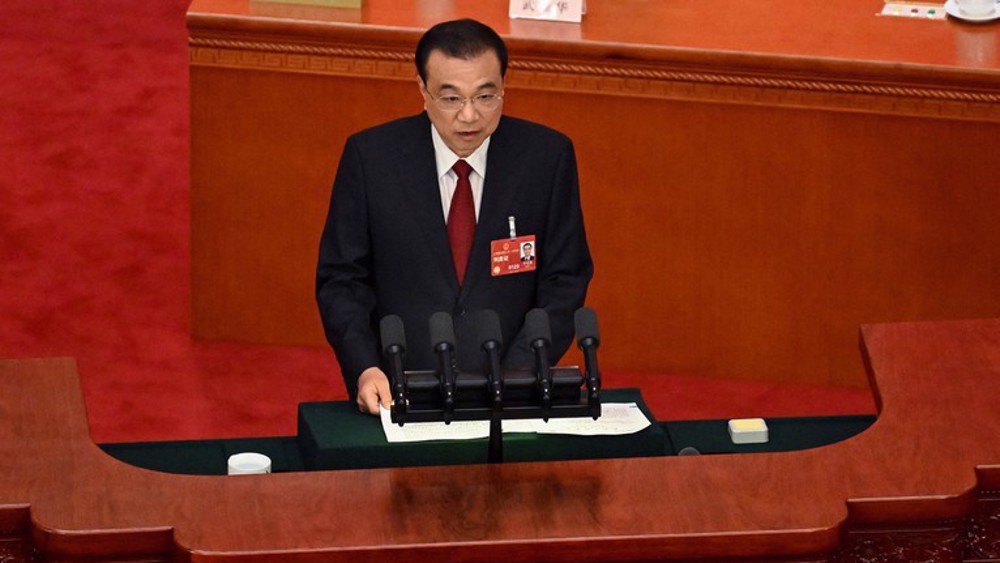

 This makes it easy to access the Press TV website
This makes it easy to access the Press TV website